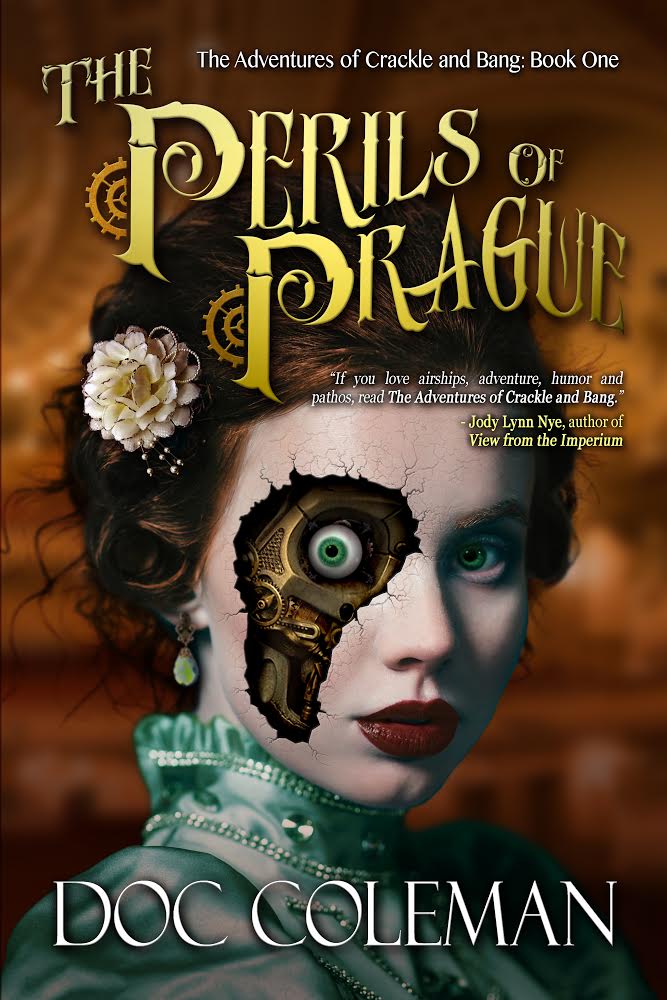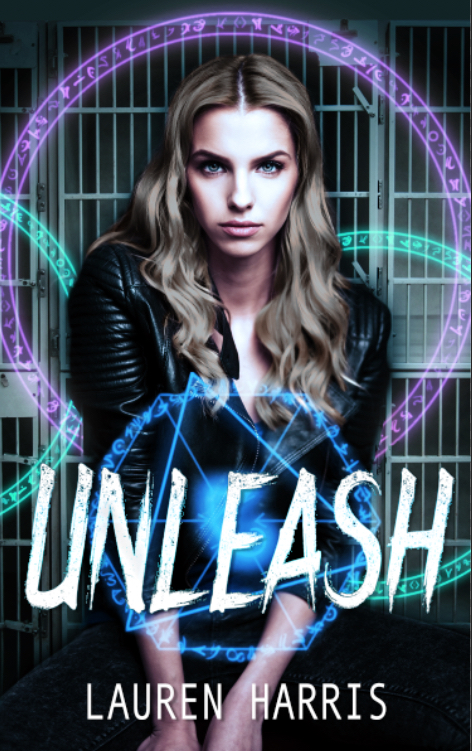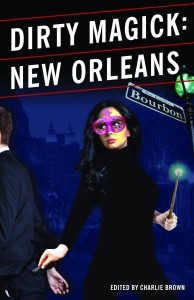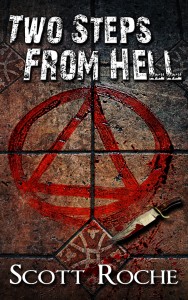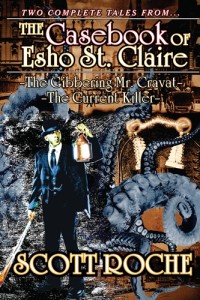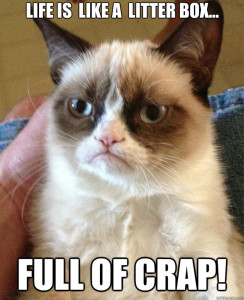(This is part “Three Questions With Xxxx“. If you’re interested in taking part click here and fill out the form.)
 Doc and I have worked together on a number of projects and I love his imagination. His writing style is full of wonder and I’m looking forward to his new book launch. So, to let you get to know him a little bit, I asked him some questions. Enjoy!
Doc and I have worked together on a number of projects and I love his imagination. His writing style is full of wonder and I’m looking forward to his new book launch. So, to let you get to know him a little bit, I asked him some questions. Enjoy!
1)Much of what you’ve written falls into the steampunk “genre”. What appeals to you about it?
For me, part of the allure of steampunk is that anything can happen. Nothing is out of bounds. You have mad scientists who can create futuristic technology, or bizarre life forms. You can have aliens come to earth, or humans go to their planet. On top of that, you can have eastern mysticism, ancient magics, fairies, werewolves, vampires, mummies, and anything else that goes bump in the night. It is pretty much the genre where all other genres meet. You can have adventure, romance, intrigue, and horror. Or all of them at once. The possibilities are just endless. And sorting through them is a ton of fun.
Writing Perils of Prague, and building the world of the Eternal Empress, I concentrated more on mad science and adventure. In the process, I kind of stepped on some of the characteristic mad technology that one usually sees in a steampunk world, but we’ll see some of that in future stories. A Walk in the Park, the short story I wrote for Flagship, had more of the tech, and just a touch of magic. That story is actually going to become part of the introduction for the fourth Crackle and Bang adventure, A Cuckoo in the Nest. The story I did for The Way of the Gun, The Shining Cog, is much more of a gadget-driven steampunk story, but also takes a look at religion and philosophy, and has a very different flavor.
2) As a new author you’ve elected to self publish your upcoming novel. Why go that route as opposed to shopping it around?
I blame Tee Morris for that one. I considered shopping Perils to traditional and small publishers, but I saw what happened to Tee with his Billibub Baddings novels. His rights got tied up with a publisher that wasn’t willing to support the series, and it hurt the property. By the time he got his rights back, Tee had other properties that were selling better and he felt he couldn’t continue with the series. While I don’t fault Tee for his decision, I didn’t want to lose control of the Adventures of Crackle and Bang. I knew from the get-go that it was going to be an open-ended series, and I always wanted to be able to put out a new book when I was ready. For me, the only way to be sure of that was to hold onto my rights and self-publish.
This also means that when I get ready to shop another property out to traditional publishers, I will already have built an audience and a following, which should make those properties more appealing.
3) As a voice actor, writer, and podcaster you’ve engaged in a lot of creative pursuits. How do you balance your time between them/prioritize them?
Poorly. Between the day job and spending time with my loved ones, it doesn’t leave a lot of time to pursue my creative pursuits. When I’m in a writing phase, I try to make an hour a day to work on writing, but it doesn’t always happen. Podcasting can often take more time. It is easy when someone else is doing the editing, as you just have to show up to record, but when you have to edit episodes, that really needs a block of time to really focus on the audio. Narration and voice acting is pretty much the same. I love jobs where I just have to record my lines and send in the raw audio, then I’m done, unless there are re-takes. For a while, my wife was doing my editing for me, but she hasn’t been able to do that in a while and I’ve had to really cut back on my audio production for the past year. I hope I’ll be able to get back into doing more audio after Perils gets published.
As for priorities, pretty much family comes first. After that, I was working on the Balticon Podcast, but last summer I realized that I needed to focus on publishing Perils or I would never get it done. With Perils almost done, I want to try to catch up with the podcast, and maybe look at picking up some narration work this summer. But I also have another writing project that another author really wants to work on with me. So, I’m going to have to figure out what project I’m going to put first, and plan how much time I am going to have for secondary projects. It is a balancing act, and the balance is always changing.
http://swimmingcatstudios.com
http://amazon.com/author/doccoleman
Twitter: @scaleslea
email: Doc@swimmingcatstudios.com
Goodreads: https://www.goodreads.com/book/show/34659094-the-perils-of-prague

